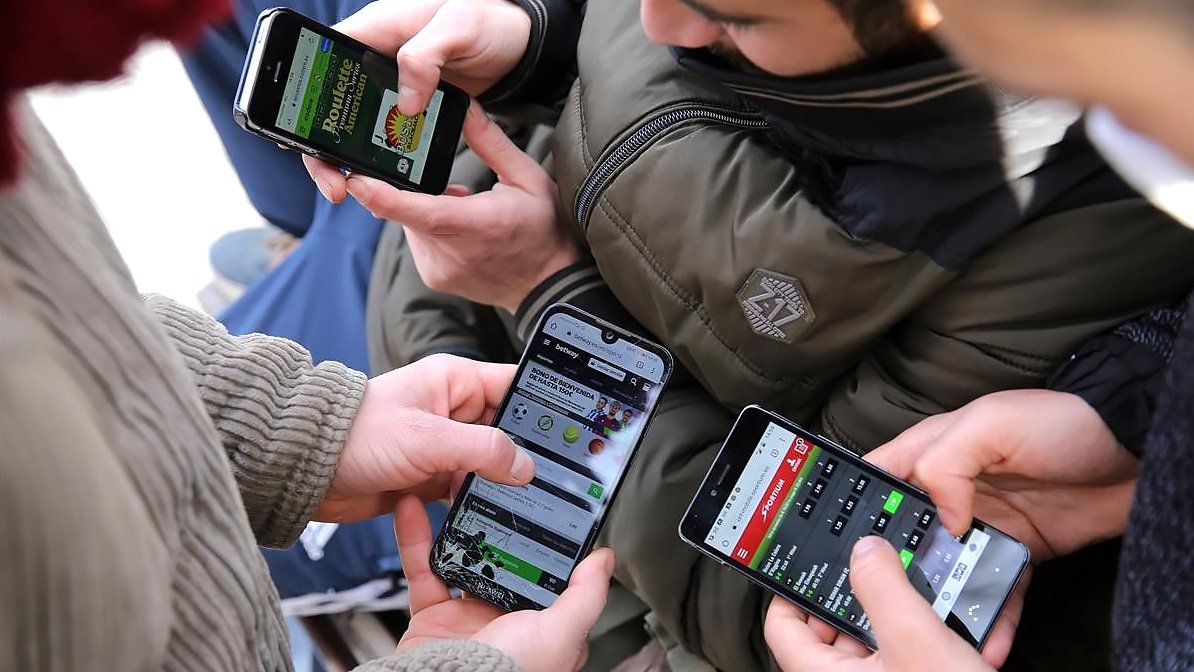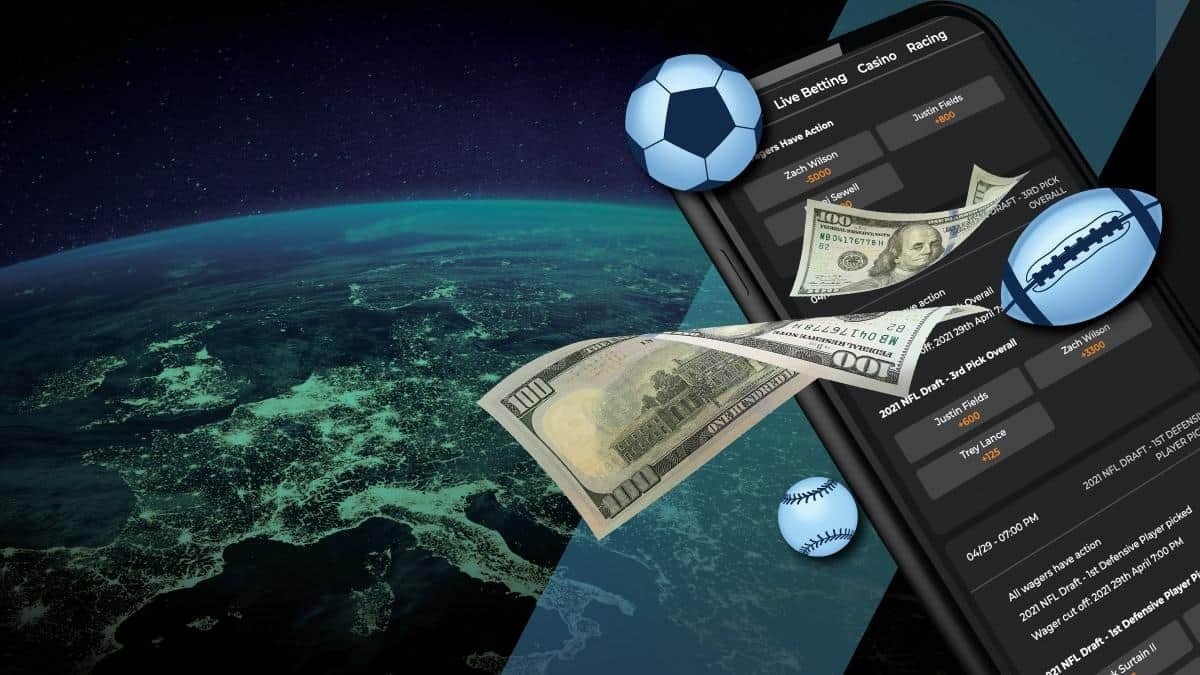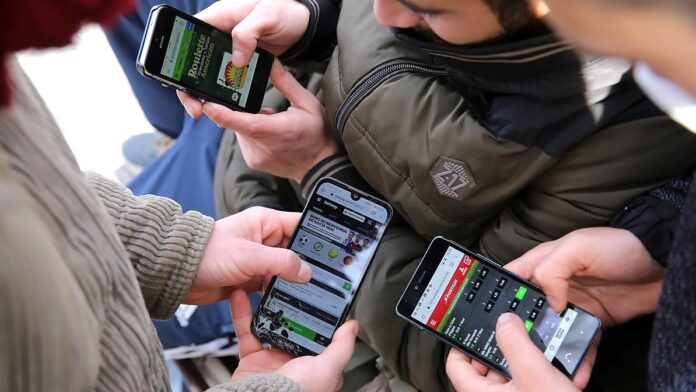On Monday, Washington DC’s Business and Economic Development Committee heard several hours of testimony on Council Member Kenyan McDuffie’s Sports Wagering Amendment Act of 2024. Representatives from BetMGM, Caesars Sportsbook, DraftKings, and Fanatics Betting & Gaming testified in favor of the proposal, which seeks to expand DC’s sports betting market landscape.
The bill would allow up to seven professional sports franchises and teams to partner with sportsbooks and create a new “Type C” license. Currently, online sports betting in the district is only allowed through a FanDuel partnership with the D.C. Lottery, after the betting giant replaced GambetDC last month with permission from the Lottery partner Intralot.
The Office of Lottery and Gaming (OLG) has a single contract with Intralot for lottery and sports betting, agreed on in 2019. At the time, McDuffie opposed the decision. According to DC Lottery chief Frank Suarez, the lottery-Intralot deal includes both wagering and lottery and cannot be split. It could take legislative action to mandate separate contracts.
On the financial side, the new bill would increase the tax rate for retail sportsbooks from 10% to 20% and reinstate funding for problem and responsible gaming initiatives. Additionally, it would tax Type-C license holders at a rate of 30% of gross gaming revenue. A Type-C license would cost $2 million to acquire for five years and a $1 million renewal fee after that.
Under the current law, retail sports betting is allowed at designated professional sports arenas and stadiums in the district for Class-A license holders. Caesars Sportsbook hosts a retail sportsbook at Capital One Arena, FanDuel hosts a retail sportsbook in Audi Field, and BetMGM hosts a retail sportsbook in Nationals Park. BetMGM and Caesars Sportsbook can only offer online sports betting to customers who are within a two-block radius of their retail sportsbook.

FanDuel reported $5 million in payment to the city, $14.7 million in handle, and gross gaming revenue of $2.8 million in its first two weeks of operation. However, McDuffie called for more by way of an open DC market.
However, if the district opens up its market to additional operators, it would put the lottery in a strange position, Suarez noted. The lottery currently requires a 40% share of gross gaming revenue from FanDuel, he said, and if the amended sports betting bill were to carry a 30% tax it would hamper the lottery’s ability to find a partner.
The contract between the lottery and Intralot runs until mid-July and the lottery has requested a two-year extension. Even if they hoped to change lottery system operators, an RFP would have to be prepared to do so, Suarez said, which takes nearly a year to complete. This likely leaves Intralot as the lottery and sports betting system operator for the time being.
The major operators in attendance made their cases for opening the market. Fanatics Betting & Gaming’s Brandt Iden testified that his company “estimates a market penetration of 1%-2% of eligible adults due to a lack of options and accessibility.” He also said that 65% of Fanatics’ Maryland customers tried logging in while in the District. Some 10% of Virginia Fanatics customers have also tried.
“Consumers are either traveling to the surrounding states to wager or, worse yet, placing wagers in the illegal offshore market, where there are no responsible gaming protocols to protect customers,” he stated.
For his part, Robert O’Connor, VP, of Government & Industry Affairs for BetMGM, said the importance of adding a mobile component for Class-A license holders is crucial. “It increases our ability to connect with our customers when they’re not in or around the ballpark,” he noted.
Two representatives for operators not currently in the district, DraftKings and Fanatics Betting and Gaming, both said their companies are extremely interested in entering the D.C. sports betting market and have already started partnership discussions with sports franchises.
If the bill is approved, DraftKings expects a very quick launch in the district, Matt Scalf, Government Affairs Manager for DraftKings, said at the meeting.

One operator currently in the market shared concerns with the bill’s proposed retail sports betting tax increase. Dan Shapiro, Chief Development Officer at Caesars Digital, said the increase of the retail sports betting tax rate would be extraordinarily detrimental to the Caesars retail sportsbook at Capital One Arena.
Since opening in May 2021, Shapiro noted the Caesars retail sportsbook at Capital One Arena has paid over $5 million in taxes to the district. The proposed increase of the retail rate to 20% would hamper the company’s ability to invest in the retail space and would cause it to operate at a loss.
“We will support mobile sports betting, but it’s the retail aspect we have serious concerns about. The tax rate should be left at 10% so we can continue to invest in the District,” he said.
Furthermore, small business owners are also concerned. The new bill will hurt local businesses that currently house sports betting kiosks, Barbara B. Lang, a former President and CEO of the Washington D.C. Chamber of Commerce, told the committee.
COVID-19 severely impacted local businesses, she said, and the sports betting kiosks were a boon for suffering businesses. Businesses that host kiosks are eligible to keep 5% of the revenue brought in from the machines. “The kiosks provide an essential draw to attracting and retaining customers,” she said.
“A competitive, mobile-dominated system would completely squeeze out retailers looking to generate revenue from in-person gaming,” she added. Retailers, such as convenience stores or bars, can partner with the lottery for kiosks. Despite Lang’s testimony, it does not seem clear that a new law would prohibit that.














